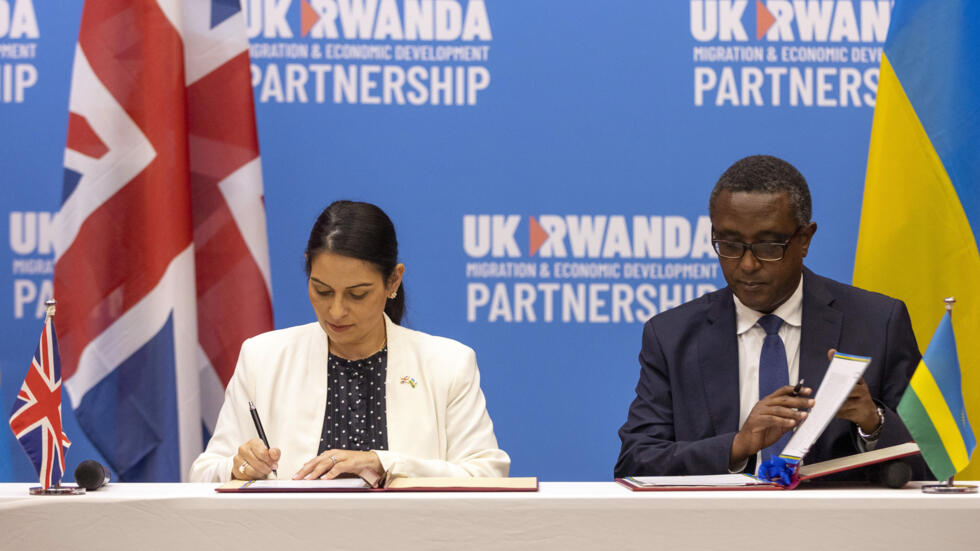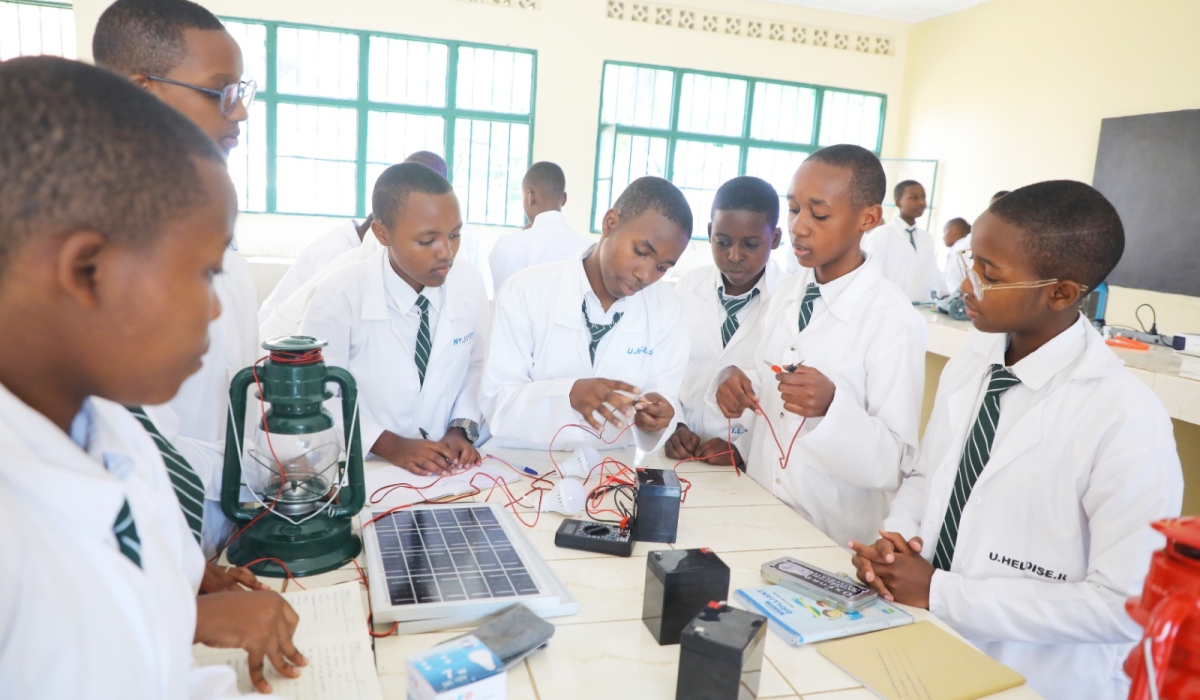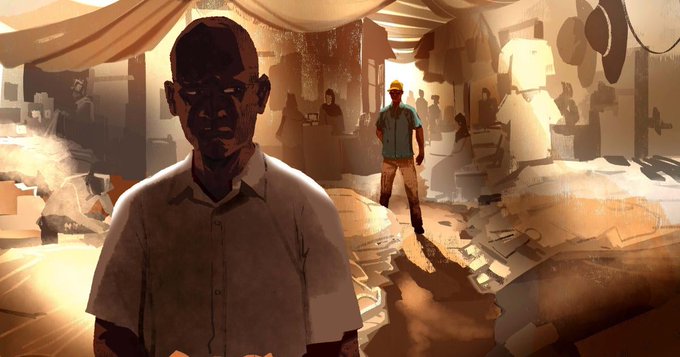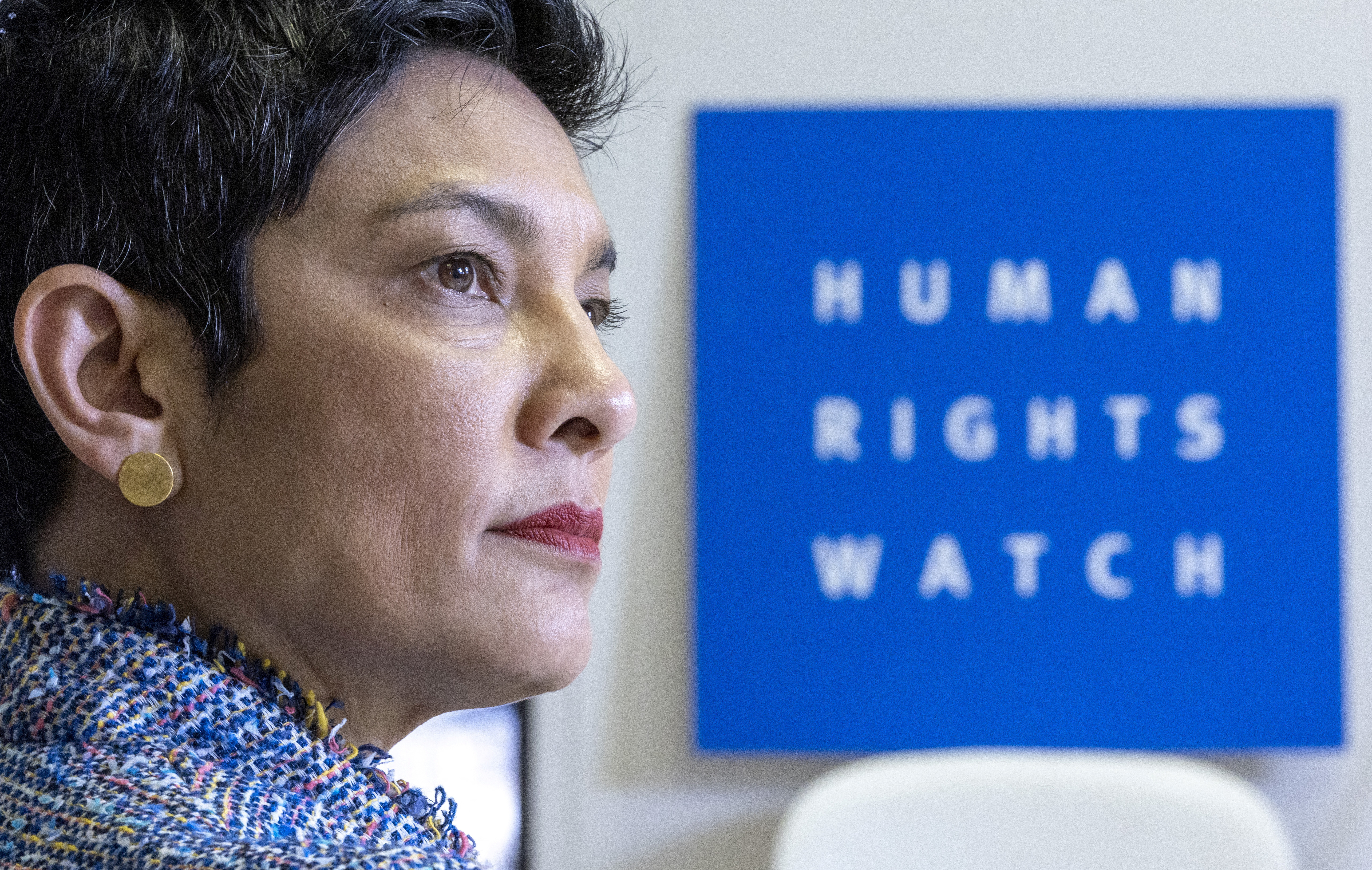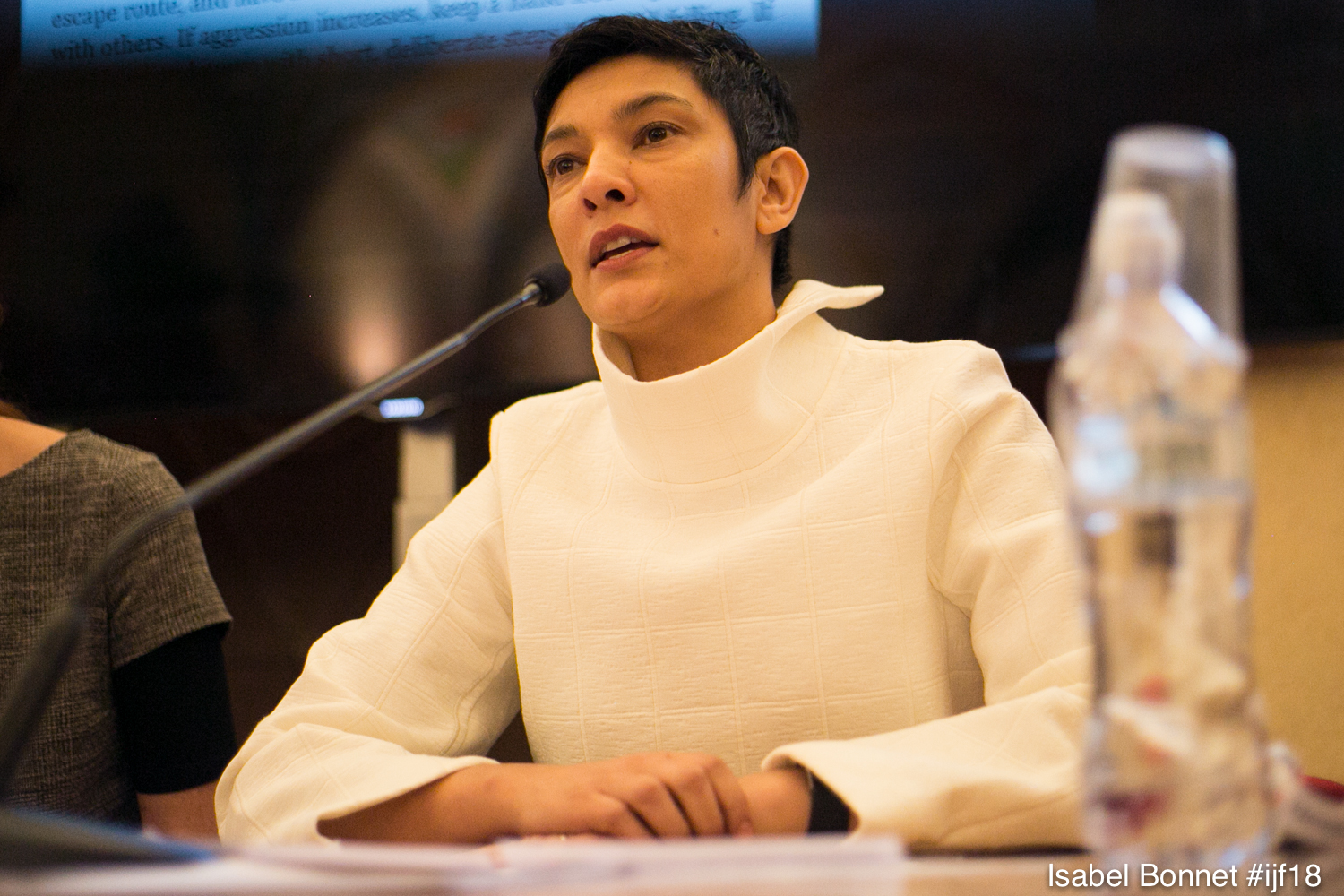Regional
Human Rights Watch anti Rwanda coverage not new, or surprising

Human
Rights Watch (HRW), a U.S based organization, published a report on October 10 accusing Rwandan authorities of
human rights violations including
killing and harassment of Rwandan nationals at home and abroad.
Additionally,
the report discourages the United Kingdom (UK) from implementing a deal with
Rwanda meant to tackle the problem of small boat illegal immigrants, on the
grounds that Rwanda is not a safe country.
In April 2022, the UK signed a memorandum of
understanding with the government of Rwanda to establish a migration and
economic development partnership. Under the agreement, some illegal immigrants
applying for asylum in the UK could be transported to Rwanda to have their
asylum application considered. As some UK politicians and
lobby groups opposed the deal, the case was referred to courts of law.
The
timing of the HRW report on Rwanda has been interpreted as purposely designed
to influence the high court decision and undermine the UK-Rwanda asylum seekers
deal. A close look at HRW reports on Rwanda point at a pattern of politically
motivated reports in the name of human rights advocacy in Rwanda.
The
current report is not something new, but a continuation of recycled anti-Rwanda
conspiracy over the years.
To
drive its political agenda, HRW relies on dubious sources, mainly people who
are suspected to have committed or participated in 1994 Genocide against the
Tutsi and are on the run in foreign countries, people who committed crimes and
left the country as well as genocide deniers and their foreign supporters.
Politically
motivated HRW reports on Rwanda can be traced over the years. On March 16, 2022,
as Rwanda prepared to host the 26th Commonwealth
Heads of Government Meeting (CHOGM), HRW published a report titled; “Rwanda: Wave of Free Speech Prosecution.”
The
report then was intended to influence the organizers of CHOGM not to hold the
meeting in Rwanda. However, the organizers had much hope in Rwanda to host a
successful meeting and to their expectation, Rwanda did not disappoint.
In
July 2017, one month before Rwanda held presidential elections, HRW came up
with a report listing names of nine people alleged to have been ‘summarily
executed’ by Rwanda security forces for petty crimes such as stealing goats. A few
days later, Rwandan authorities presented these people alive and in good shape
in a press conference.
It was
not surprising though that after such an embarrassment; HRW never apologized to
the government of Rwanda.
A
political agenda had been achieved. Their intention was tarnishing the image of
Rwanda, but the objective of biasing voters not to vote president Kagame never
materialized.
On
August 18, 2017, after the elections,
HRW released yet another report titled: “Rwanda: Politically Closed Elections,”
which said that the August 4, 2017 elections took place in a context of very
limited free speech or open political space. The report was more about Rwanda’s
politics than human rights.
It is
clear that HRW reports on a country like Rwanda have no specified period, as it
happens with other organizations. They are produced any time they find it convenient
to settle political scores.
Contrary
to HRW allegations of human rights abuse by the government of Rwanda, the
country is one of the fastest growing economies in Africa, but more still, a
country where the rights and well-being of the citizens have tremendously
improved in the past three decades.
A
people centred philosophy has enabled the government to enroll more than 90
percent of Rwandans under universal health care, drones are being used to
deliver blood in remote areas to urgently save lives, infant mortality rate lowered to 22.565 deaths per 1000 live
births, life expectance has almost
doubled since 1994, standing at 70 years in 2023, while millions of the country’s citizens
have been lifted out of extreme poverty.
Since
the Rwandan Patriotic Front (RPF) government took power in Rwanda after defeating
a genocidal regime, in 1994, HRW has demonized the new government of Rwanda, an
indication that the organization could be serving a political agenda hatched by
Western powers that are not happy with the RPF-led government.
Rwanda
is a country that has rebuilt itself with unique homegrown solutions in dealing
with socio-economic, political and human rights issues, without copying the Western
rule book.
Political
analysts opine that this could be one of the reasons HRW is used as a political
tool to whip Rwanda to ‘behave and toe the line.’
“The
Travesty of Human Rights on Rwanda,” a page 53-page document published in March 2013, by retired America
diplomat Richard Johnson, gives a proper account of HRW’s bias against Rwanda.
“HRW’s
discourse on Rwanda over the past twenty years has been viscerally hostile to
the Rwandan Patriotic Front (RPF), which defeated the genocidal Hutu Power
regime in 1994, and systematically biased in favour of letting unrepentant Hutu
Power political forces back into Rwandan political life.”
Johnson
further said, that, “what Human Rights Watch (HRW) does on Rwanda is not human
rights advocacy. It is political advocacy which has become profoundly
unscrupulous in both its means and its ends.”
The above revelation is more than enough evidence to prove that
HRW cannot be trusted to have moral authority to judge Rwanda on human rights
matters. Again the founder of HRW and its chairman for 20 years, Robert L.
Bernstein lamented in his article of October 19, 2009, in The New York Times, how HRW had lost direction and drifted away from the
organization’s fundamental commitment to impartiality.
Rwanda has its own challenges given the bitter history of gross
human rights abuses by colonial and post-colonial regimes that culminated into
the genocide against the Tutsi in 1994.
Today, Rwanda is at peace and not the hell of a country as
HRW wants the world to believe.
The RPF single handedly stopped the 1994 Genocide in which over one million people were brutally murdered, when the world looked aside. For HRW to paint a picture of the Rwandan government that stopped the genocide as the one turning against her people, begs more questions than answers.



